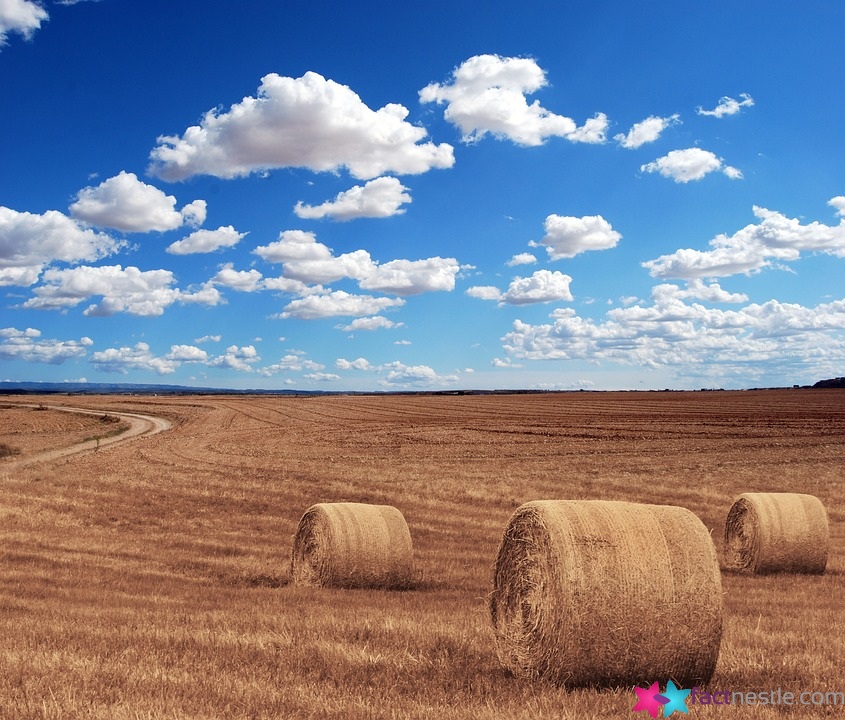The Challenges Faced by Smallholder Farmers in Developing Countries
Smallholder farmers play a crucial role in feeding the world’s population, particularly in developing countries where agriculture is a primary source of livelihood. However, these farmers face numerous challenges that hinder their ability to thrive and improve their quality of life. In this article, we will explore some of the most common challenges faced by smallholder farmers in developing countries.
Lack of Access to Resources
– Smallholder farmers often lack access to essential resources such as land, water, seeds, fertilizers, and tools, which are necessary for successful agriculture.
– Limited access to credit and financial services also hinders smallholder farmers’ ability to invest in their farms and improve productivity.
Climate Change and Environmental Degradation
– Climate change has led to unpredictable weather patterns, droughts, floods, and other extreme events, which can devastate crops and livestock.
– Environmental degradation, such as soil erosion and deforestation, further exacerbates the challenges faced by smallholder farmers.
Lack of Infrastructure and Technology
– Inadequate infrastructure, including roads, storage facilities, and markets, makes it difficult for smallholder farmers to transport and sell their produce.
– Limited access to information and technology, such as weather forecasts and agricultural best practices, hinders smallholder farmers’ ability to increase productivity.
Market Access and Price Volatility
– Smallholder farmers often struggle to access markets where they can sell their produce at fair prices, due to lack of transportation and market information.
– Price volatility in agricultural markets can result in significant income fluctuations for smallholder farmers, making it difficult for them to plan for the future.
Conclusion
The challenges faced by smallholder farmers in developing countries are complex and interconnected. Addressing these challenges requires a multi-faceted approach that includes improving access to resources, building resilience to climate change, investing in infrastructure and technology, and supporting market access for smallholder farmers. By addressing these challenges, we can help smallholder farmers improve their livelihoods, reduce poverty, and contribute to global food security.
Frequently Asked Questions
1. What are the main challenges faced by smallholder farmers in developing countries?
Some of the main challenges include lack of access to resources, climate change, environmental degradation, lack of infrastructure and technology, and market access issues.
2. How can we help smallholder farmers overcome these challenges?
We can help by improving access to resources, building resilience to climate change, investing in infrastructure and technology, and supporting market access for smallholder farmers.
3. Why is market access important for smallholder farmers?
Market access is important because it allows smallholder farmers to sell their produce at fair prices, generate income, and improve their livelihoods.
4. How does climate change impact smallholder farmers?
Climate change leads to unpredictable weather patterns, droughts, floods, and other extreme events, which can devastate crops and livestock.
5. What role does technology play in supporting smallholder farmers?
Technology can provide smallholder farmers with access to information, weather forecasts, and agricultural best practices, helping them increase productivity and improve their livelihoods.
6. How can we reduce price volatility for smallholder farmers?
Reducing price volatility requires supporting smallholder farmers with market information, access to markets, and risk management tools to help them plan for the future.
7. What are some examples of successful interventions to support smallholder farmers?
Some successful interventions include providing access to microcredit, supporting farmer cooperatives, investing in climate-smart agriculture, and improving market infrastructure.
8. How can smallholder farmers contribute to global food security?
Smallholder farmers play a crucial role in feeding the world’s population by producing a significant portion of the world’s food supply, particularly in developing countries.
9. What are the long-term benefits of supporting smallholder farmers?
Supporting smallholder farmers can lead to poverty reduction, improved food security, economic development, and sustainable agriculture in developing countries.
10. What can individuals do to support smallholder farmers?
Individuals can support smallholder farmers by purchasing fair trade products, advocating for policies that benefit smallholder farmers, and supporting organizations that work to empower smallholder farmers.



